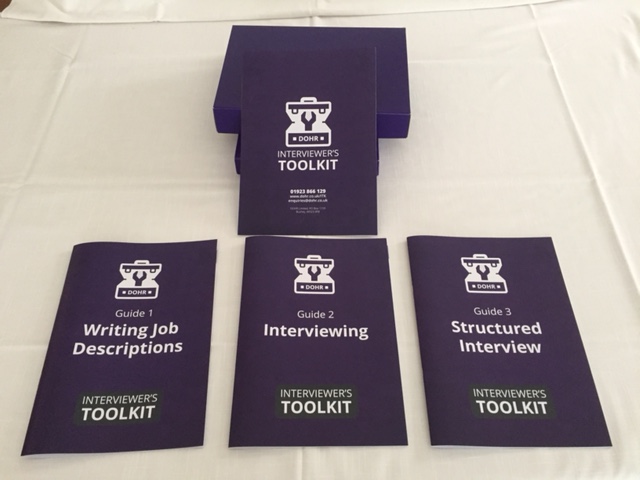Bullying and harassment
Bullying or Banter?
Today’s top tip from our 52 top tips for employers is from the jack of hearts. And it’s all about bullying and harassment.
Employers are obliged to protect staff from bullying and harassment. Generally, this is in terms of discrimination, but it may include anything from their favourite football team, what a person wears, their hobbies or their mannerisms. Employers are obliged to ensure that the working environment is mentally safe for everyone, and therefore, free from both bullying and harassment. Prevention is better than cure. Employers can be held vicariously liable if they don’t put in place the proper steps to ensure that the workplace, in which they employ people, is both healthy and safe from bullying and harassment for all staff and for suppliers who are coming into that environment.
Now, bullying and harassment is often quite hard to define, and people can feel bullied or harassed which is their perception. Whereas everybody else may say, “Well, it’s just banter.” And banter’s become a really popular term that’s thrown around an office environment. It very much depends on the way in which that individual perceives that. And it’s really important that when employers are talking to their staff, that they don’t allow anything that could be perceived as bullying or harassment.
Now this is huge, huge, huge in the news at the moment. Certainly in terms of harassment of women in various workplace environments. And employers are going to be put under the spotlight more and more. What used to be tolerated, what used to be seen as normal in the workplace, is no longer acceptable. And the quicker that employers deal with this and actually train their staff so that their staff know what is acceptable and what isn’t acceptable, the quicker the employers put that into place, the better for them.
One of the questions that I sometimes use with our clients is, “Would you speak to your grandmother like that? Would you allow a member of staff to speak to your grandmother or your grandfather using that language, or in that way?” And if the answer is no, it probably means that it’s not acceptable for a modern-day workplace.
All our videos are available on YouTube with captions. If you wish to view this video with captions, please visit https://youtu.be/aDlE1ph4Hcw
The Interviewer's Toolkit
For more assistance with writing job descriptions and recruitment, check out our interviewer’s toolkit

